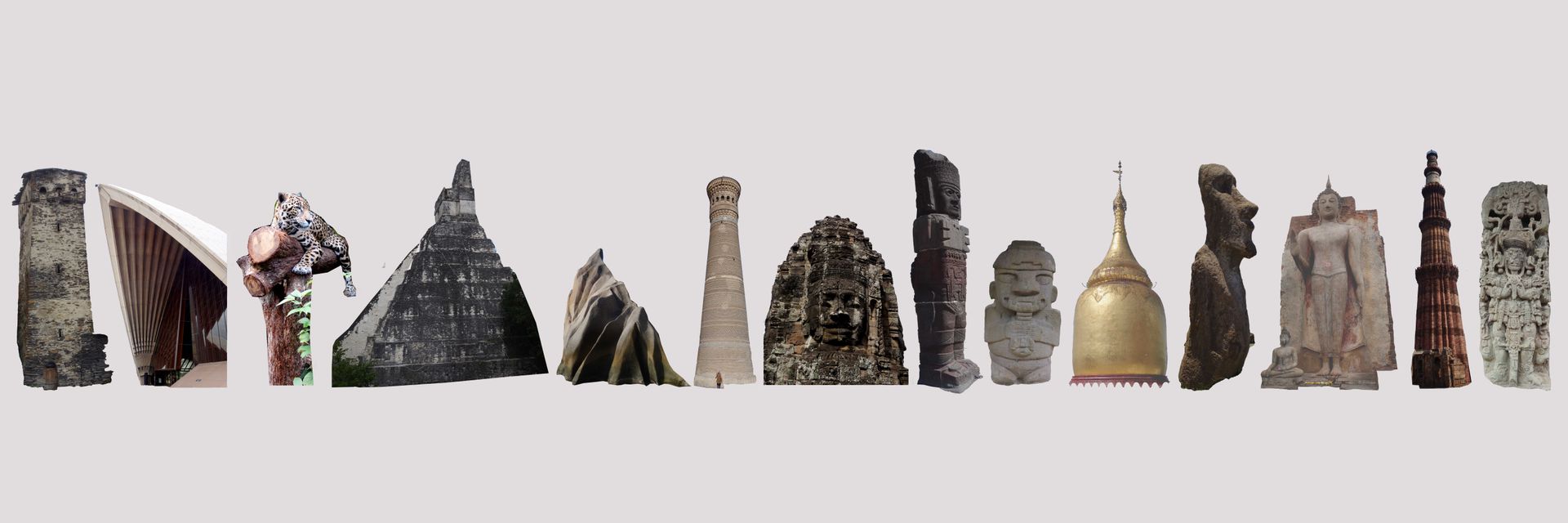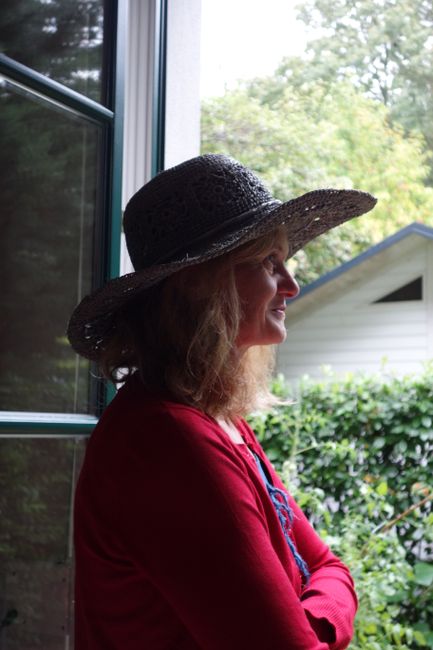Angkor and its ugly sister Siem Reap
Published: 25.11.2018
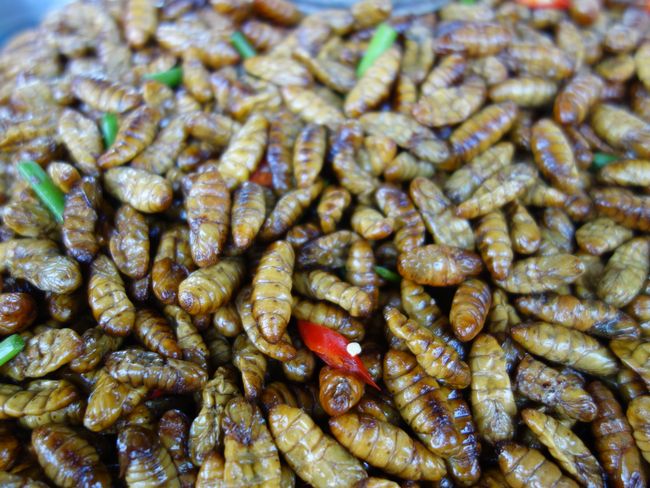
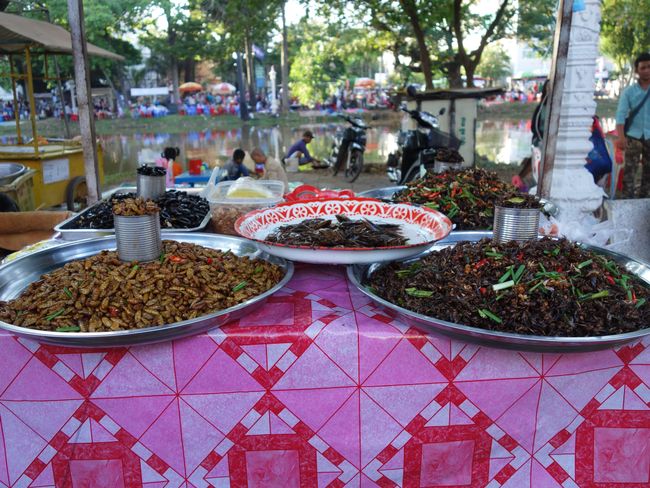
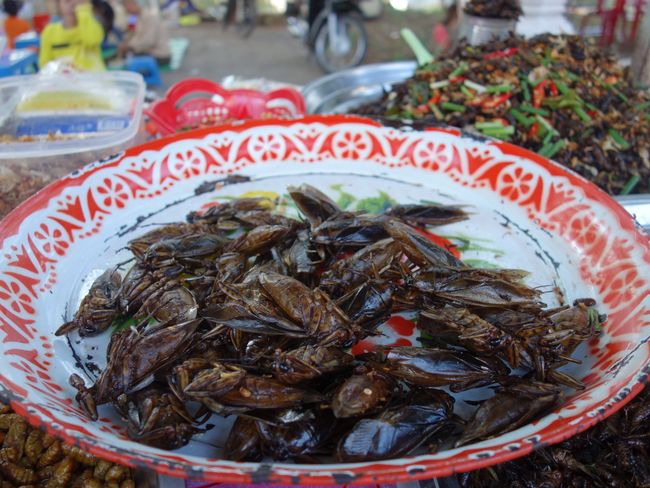
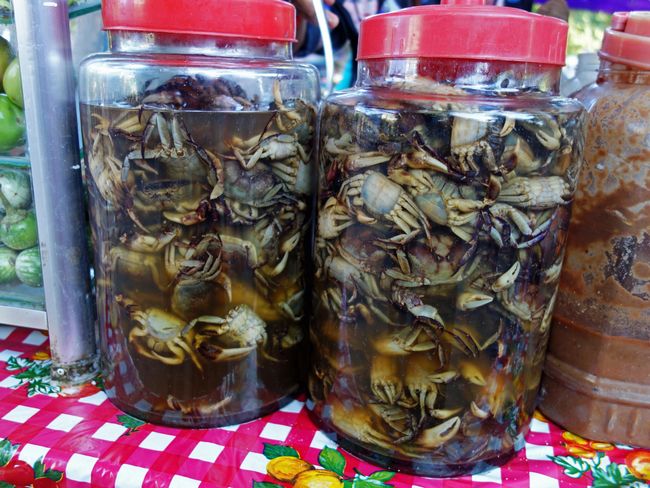
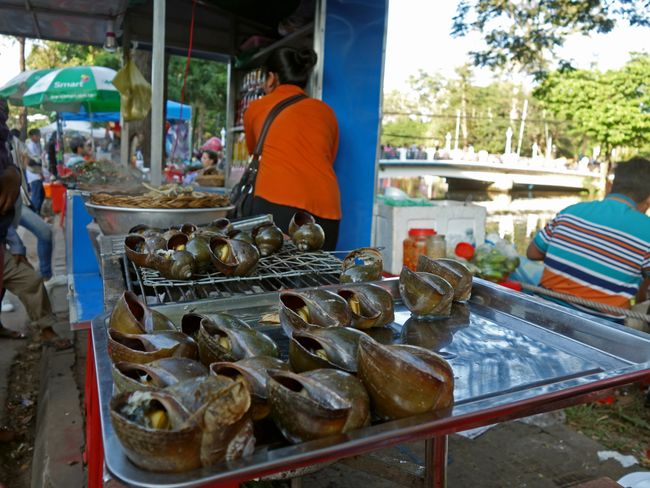
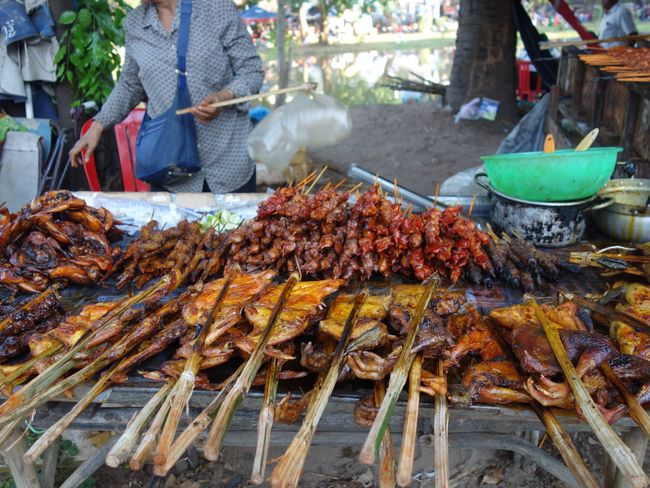
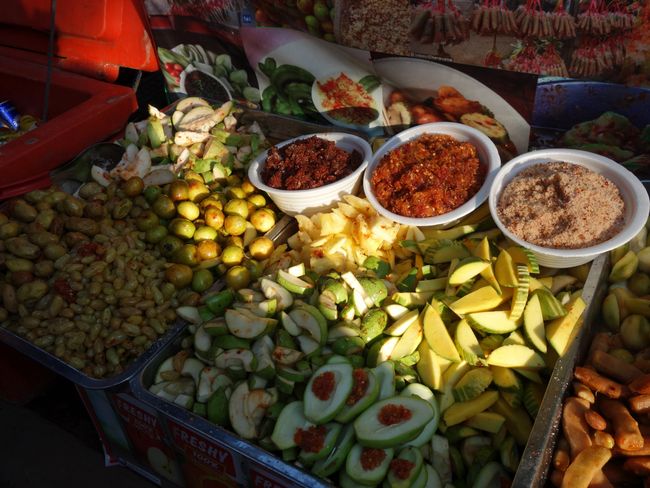
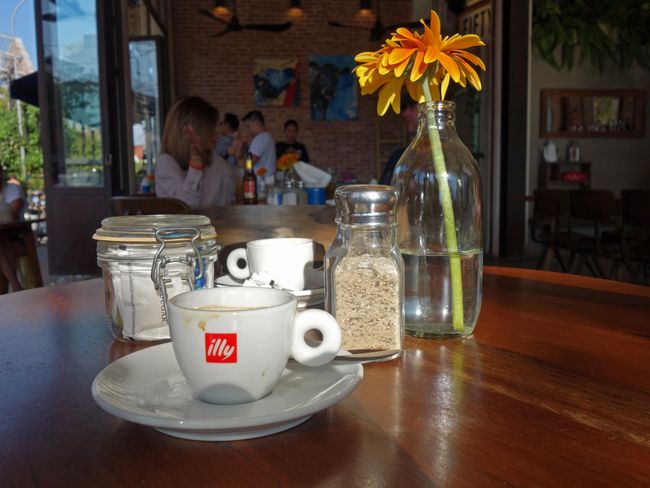
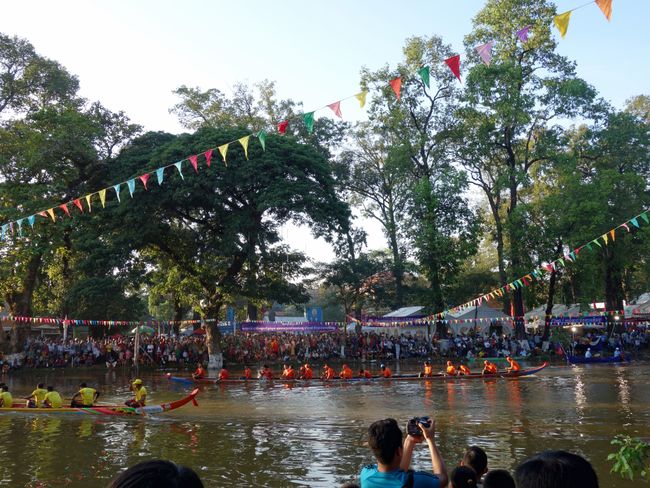
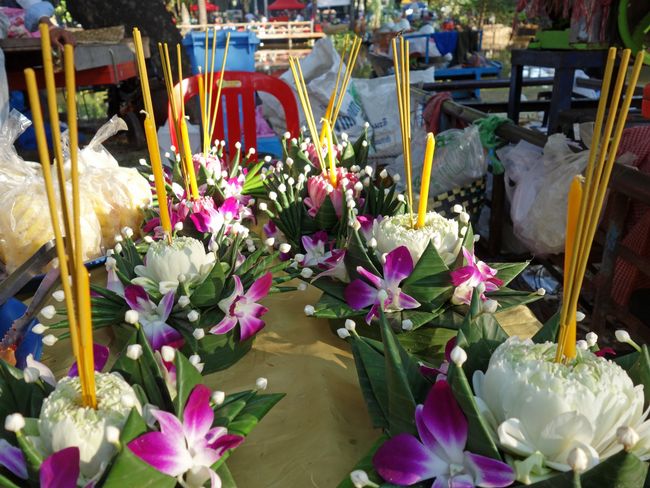
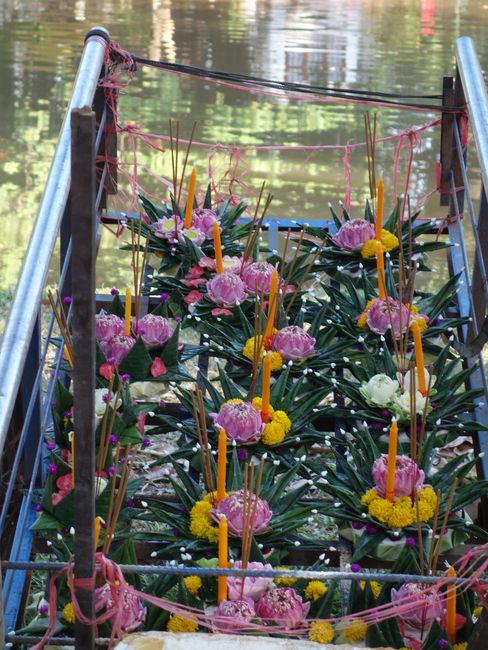
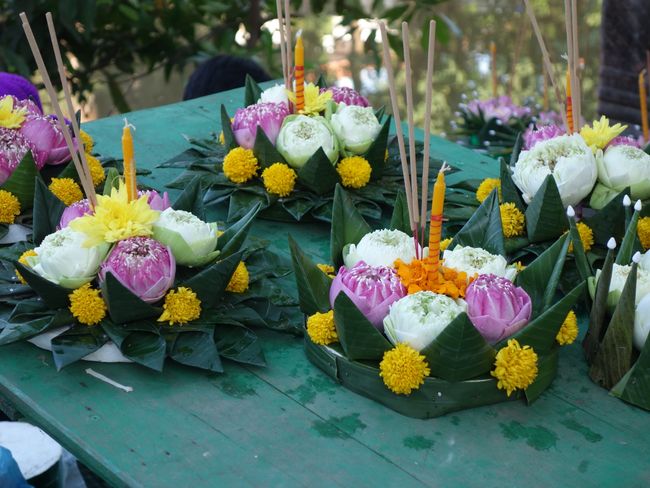
Subscribe to Newsletter
We are terribly stressed. After a long and exhausting day full of new impressions, we can just swim a little in the homestay pool, shower, eat - and then fall asleep exhausted. No blogging, no reading - nothing at all. Angkor is demanding and impressive.
What can you write about a place that has been a World Heritage Site for 25 years, visited by a multitude of people every year, and has already been written about so much? Let's start with everyday life: the (sometimes huge - they had up to 100,000 inhabitants) temple and monastery complexes are located about 8 km from the nearest city, Siem Reap. Not long ago, there was no city there, just a small village. But then Angkor became one of the world's main tourist destinations - and Siem Reap became something beyond belief. When we took a shared taxi from the Thai border to the city, we had the impression of landing in a mini Las Vegas (without actually knowing Vegas): a wide boulevard, unbelievably many modern, large, noble-looking, but tasteless hotel buildings on both sides. You would never think that Cambodia is actually a very poor country.
The day after our arrival, we had a holiday and visited the Buddhist Festival of Lights. Siem Reap is one of the places famous for how this festival is celebrated here - it attracts visitors from all over Cambodia. There is a fair atmosphere on the banks of the river that runs through the city. Food stalls with all kinds of goodies at low prices are set up everywhere. In the afternoon, there are boat races on the river and in the evening there is a fireworks display. Afterwards, flower arrangements decorated with candles and incense sticks are set afloat in the river. The celebrations go on until late at night - and almost only by locals. Hardly any tourists visit this nice festival.
A few steps further, a complete change of scenery: fancy eateries selling burgers, spaghetti, tortillas, and Illy coffee at prices that are almost as high as in Europe. Here they all are, the tourists from the rich countries. Not a single local person can be found among the guests. Siem Reap was a clearly divided city that day. Later, we also got to know the cheap tourist street, with the fast food restaurants. Burgers and spaghetti are also available here.
The high prices (usually in dollars) in the city in the midst of impoverished Cambodia; the upscale restaurants with six-course menus and wine pairings that seem outright frivolous when you see the living conditions of the people in the countryside; the sometimes wild traffic - so no, we don't like Siem Reap, we feel uncomfortable here, we haven't even found a restaurant where we could eat decently and somewhat authentically. However, we (unconsciously) were incredibly wise when we chose The Natural Homestay as our accommodation. Located on the outskirts of the city, only accessible via an adventurous dirt road, we have everything our hearts desire here: a beautiful room, a pool (so large that I can actually swim), good Cambodian breakfast, free bicycles, and a super nice and competent staff. That's how Angkor brings joy. And yes, I'm afraid you have to come here simply because of the temples, no matter what Siem Reap is like.
Subscribe to Newsletter
Answer
